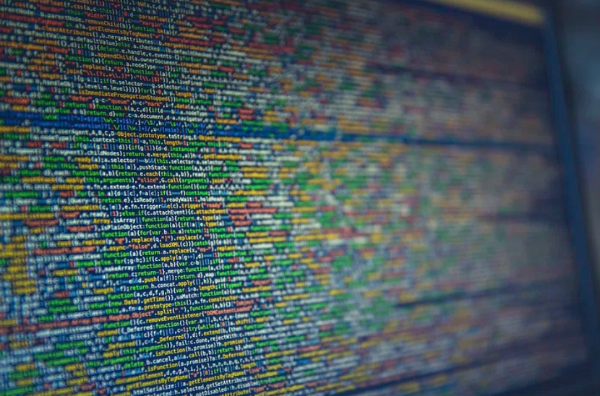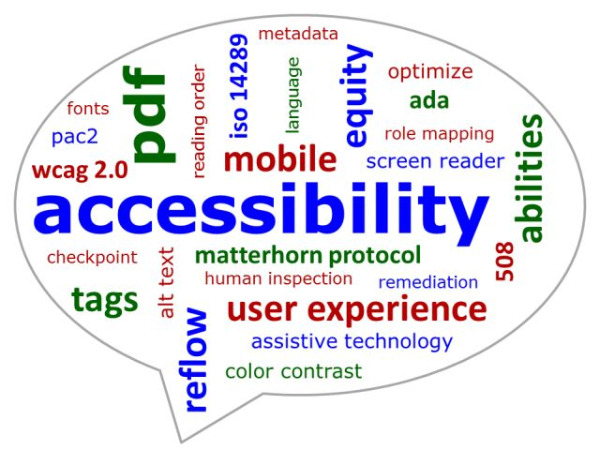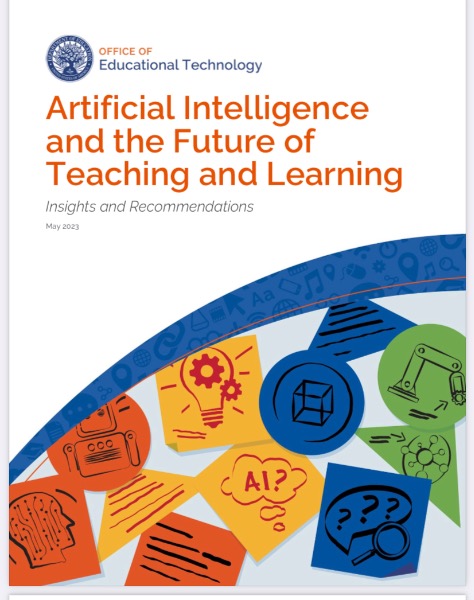
A piece in The New Yorker (not exactly a technology magazine) titled "A Coder Considers the Waning Days of the Craft," set me thinking about what tech careers will be lost in the near and far future. Yes, artificial intelligence plays into this, but there are other factors too. Coding seems to be a likely candidate for being on the decline.
The author, James Somers, says that, "Coding has always felt to me like an endlessly deep and rich domain. Now I find myself wanting to write a eulogy for it." With his wife pregnant, he wonders that "...by the time that child can type, coding as a valuable skill might have faded from the world."
It is an interesting read. Kind of a memoir of a coder.
Schools still teach coding. Coders are still working. The question is for for how long? Should a student in middle school think about it as a career? I used to tell my middle school students that a lot of them will go into careers that have titles that don't exist today. Who can predict?
Somers concludes:
"So maybe the thing to teach isn’t a skill but a spirit. I sometimes think of what I might have been doing had I been born in a different time. The coders of the agrarian days probably futzed with waterwheels and crop varietals; in the Newtonian era, they might have been obsessed with glass, and dyes, and timekeeping. I was reading an oral history of neural networks recently, and it struck me how many of the people interviewed—people born in and around the nineteen-thirties—had played with radios when they were little. Maybe the next cohort will spend their late nights in the guts of the A.I.s their parents once regarded as black boxes. I shouldn’t worry that the era of coding is winding down. Hacking is forever."
The future of coding is likely to be affected by all of these factors:
Artificial Intelligence and Automation: AI is already influencing coding through tools that assist developers in writing code, debugging, and optimizing algorithms. As AI continues to advance, it may take on more complex coding tasks, allowing developers to focus on higher-level design and problem-solving.
Low-Code/No-Code Development: The rise of low-code and no-code platforms is making it easier for individuals with limited programming experience to create applications. This trend could democratize software development, enabling a broader range of people to participate in creating digital solutions.
Increased Specialization: With the growing complexity of technology, developers are likely to become more specialized in particular domains or technologies. This could lead to a more segmented job market, with experts in areas like AI, cybersecurity, blockchain, etc.
Remote Collaboration and Distributed Development: Remote work has become more prevalent, and this trend is likely to continue. Tools and practices for collaborative and distributed development will become increasingly important.
Ethical Coding and Responsible AI: As technology plays a more central role in our lives, the ethical considerations of coding will become more critical. Developers will need to be mindful of the societal impact of their creations and consider ethical principles in their coding practices.
Continuous Learning: The pace of technological change is rapid, and developers will need to embrace a mindset of continuous learning. Staying updated with the latest tools, languages, and methodologies will be crucial.
Quantum Computing: While still in its early stages, quantum computing has the potential to revolutionize certain aspects of coding, particularly in solving complex problems that are currently intractable for classical computers.
Augmented Reality (AR) and Virtual Reality (VR): As AR and VR technologies become more widespread, developers will likely be involved in creating immersive experiences and applications that leverage these technologies.
Cybersecurity Emphasis: With the increasing frequency and sophistication of cyber threats, coding with a focus on security will be paramount. Developers will need to incorporate secure coding practices and stay vigilant against emerging threats.
Environmental Sustainability: As concerns about climate change grow, there may be a greater emphasis on sustainable coding practices, including optimizing code for energy efficiency and reducing the environmental impact of data centers.
How do I know this? Because I asked a chatbot to tell me the future of coding.
 When I was working full-time as an instructional designer, I became very concerned with making courses (especially online courses) accessible. In the early days of this century, very often the college I worked at was quite focused on making accommodations for students with special needs. That was a quick fix but not a sustainable approach.
When I was working full-time as an instructional designer, I became very concerned with making courses (especially online courses) accessible. In the early days of this century, very often the college I worked at was quite focused on making accommodations for students with special needs. That was a quick fix but not a sustainable approach. The
The  Micromobility refers to a range of small, lightweight vehicles operating at speeds typically below 25 km/h (15 mph) and driven by users personally. Micromobility devices include bicycles, e-bikes, electric scooters, electric skateboards, shared bicycle fleets, and electric pedal-assisted (pedelec) bicycles, and even hoverboards. The term "micromobility" was originally coined by Horace Dediu in 2017.
Micromobility refers to a range of small, lightweight vehicles operating at speeds typically below 25 km/h (15 mph) and driven by users personally. Micromobility devices include bicycles, e-bikes, electric scooters, electric skateboards, shared bicycle fleets, and electric pedal-assisted (pedelec) bicycles, and even hoverboards. The term "micromobility" was originally coined by Horace Dediu in 2017.